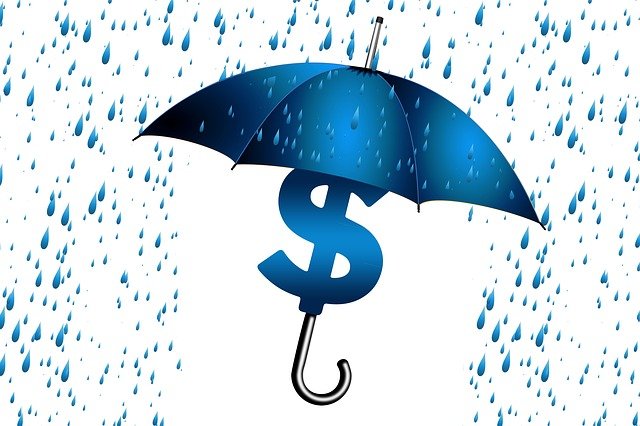Sometimes insurance refuses to pay due to various reasons like mistakes in the claim, failing to notify the insurer on time, or lateness to renew the policy. Failing to seek medical treatment soon after injury and fraud are other reasons that make insurance not pay. Nonetheless, there are instances of insurance companies denying claims in bad faith, and oftentimes we are left wondering what should we do.
If an insurance firm says it will not pay, do not accept them immediately. Instead, start the steps to challenge the decision if you believe the decision is unfair. Read your policy carefully to determine if there is any legitimacy to deny a claim. An insurance company might interpret a clause in the policy differently from your understanding. Consider your expectations in fairness. If their decision does not sound fair, there is a chance that something is wrong with the decision.
Request an explanation
Insurance companies get away with denying claims because very few people take steps to challenge the insurer for a reason. However, it is worth challenging a denial because many policyholders win the cases or improve settlement after contesting their cases. Write a letter when making the first and subsequent follow-ups because it builds up evidence. You can send follow-up letters to a higher authority like the consumer complaints officer or company CEO with an attachment of the first letter. Many states regard failure to respond to letters of claims as an unfair practice. Insist that the insurers provide explain the reason for claim denials in written form. You will get an opportunity to document everything, and failure to comply might make the insurer liable for illegal practice.
Reject filling errors a ground for refusing a claim
It is good to follow the instructions of an insurer when filing claims. However, errors on a form or missing a deadline to submit a claim are not enough to justify denial of compensation to a person who has been renewing a policy. An insurance company should only refuse to pay a valid claim if it can demonstrate your paperwork error will harm it, or the delay prevented an adequate investigation.
Gather evidence to support
Start performing research to challenge an insurer and collect any information that demonstrates a denial of a legitimate claim. You should follow a similar action if you got a lower score than the standard. A report from the doctor, police, or values and other professionals involved in your case will add validity to the claim.
Get assistance from a lawyer.
Enlist the support of a lawyer if the above actions fail. An unpaid insurance claim attorney increases the chances of receiving your legitimate claim if a company was denying it unfairly. Insurance companies are large entities, and an attorney will save you from the intimidation. Litigation is overwhelming, and using a knowledgeable attorney will persuade the jury that somebody without mastery of the legal maze. Unpaid insurance claim attorneys can see through the tactics of insurance companies after a lawsuit. Some accept to settle the dispute quickly but make a low offer hoping that the plaintiff will take the money and forego lengthy litigation.
